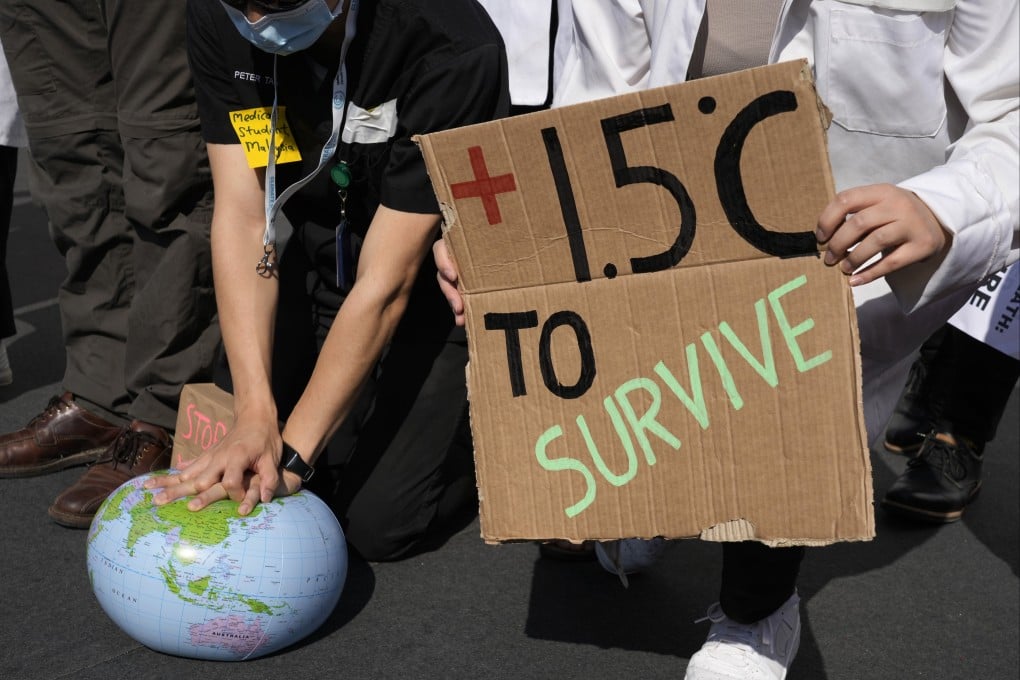Opinion | From war and political fights to the climate, there is no easy way out of our global crises
- There can be no short cut for humanity towards social and environmental progress. Change comes from building links between individuals, communities and governments, and this takes work

Change is coming so rapidly from all directions that in a world of specialists each in their own narrow fields, no single person has the breadth of knowledge to explain simply to 8 billion people how to act for social progress.
In 2018, 300 leading global social scientists (the International Panel on Social Progress) worked together to produce a multidisciplinary three-volume report called “Rethinking Society for the 21st Century”, considered then the cutting-edge thinking on what social progress is and how to achieve it.
Since the report was highly technical, Cambridge University Press brought out a simpler book version called A Manifesto for Social Progress: Ideas for a Better Society.
Nobel laureate Amartya Sen’s foreword recalled that 170 years ago, the era of social injustices from industrial capitalism produced a Communist Manifesto that claimed “the history of all hitherto existing society is the history of class struggles”. The new manifesto argues that social progress can be enhanced through reforms in institutions and behavioural changes. The difference between the two manifestos is that the newer version is based on the latest empirical data and research.

